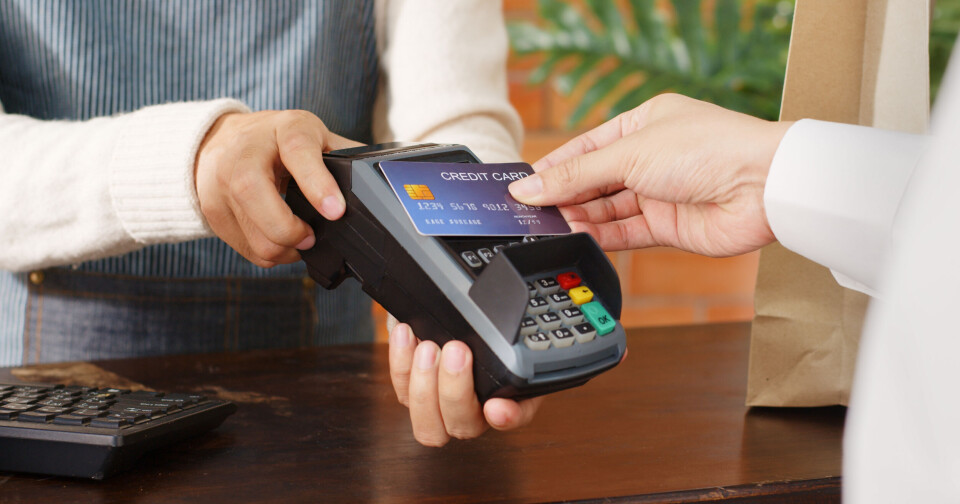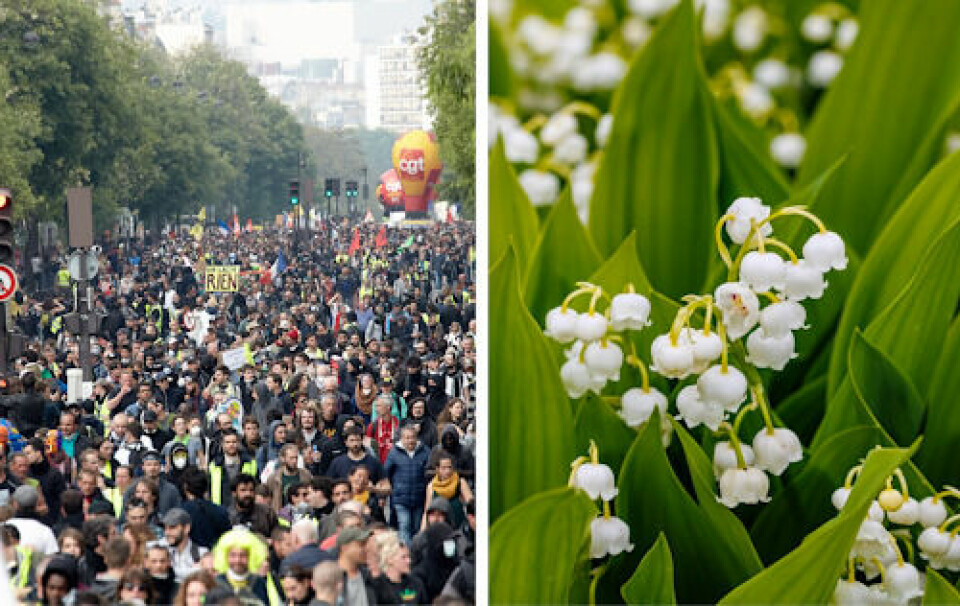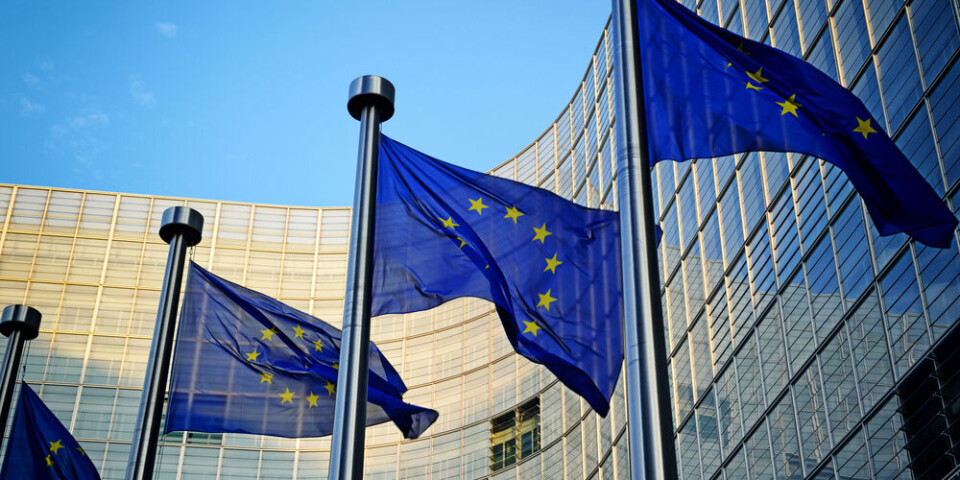-
Key Alpine pass to reopen this summer after €6m repairs
The col d'Allos in Alpes-de-Haute-Provence has been closed since 2023 due to severe weather
-
Guesthouse owners face closure threat in France
New tax and energy rules could devastate rural tourism, warn B&B owners
-
Why 500,000 people in France will soon be getting a call from health officials
A new campaign will target certain individuals with particular health conditions
Tips made by card in French restaurants are to be made tax free
The government is hoping to encourage more people to join the hospitality industry, which is facing huge workforce shortages. What amount is considered right to leave as a tip in France?

Tips made in French restaurants and cafes using a bank card will no longer be taxable from 2022.
By making this exemption, the government aims to make sure that tips offer a true bonus to the base salary of hospitality staff, thus encouraging more people to enter an industry that is currently in need of around 100,000 extra workers according to RTL.
It will also allow an increasingly cashless society to give a tip by card and know that the restaurant, café or hotel will receive the full amount.
President Emmanuel Macron announced the change in Lyon this week, while attending SIRHA, the annual global meeting of the restaurant, hotel, catering and gastronomie industries.
According to a study carried out in May by the French electronic media institution, Conseil supérieur de l’audiovisuel, 35% of French do not currently carry the change to leave a tip, but 71% are in favour of tips made by digital payments.
Although they should be included in tax returns, cash tips are hardly ever declared.
“Now that everyone pays using a debit card or through an app, very often we don’t have enough change to add on three or five euros for the service [in a restaurant],” said Didier Chenet, president of independent hotel association, GNI.
“With the possibility to leave a tip via bank card, it will become a lot easier.”
However, some serving staff have said that the tax exemption on tips will not work to boost the wages of employees. One waitress told BFMTV that she and her colleagues receive “four or five times less” in tips than they might have done a few years ago, and that it would be better to “increase base salaries a little,” to ensure that they earn enough.
How does tipping work in France?
Most French restaurants are obliged by French law to factor a service charge of up to 15% into the price of the items they offer if “[waiter] service is provided” and so it is by no means necessary to leave a tip.
The extra charge should be used to cover staff health benefits or holiday pay.
All menus and bills should notify customers of this system with the words “prix service compris” and reference to the percentage charge applied.
If this is not printed on the bill, it means that the restaurant staff are on a fixed salary and tips are welcomed if you would like to leave one, according to the French Ministry for Economy and Finance.
If you are at a restaurant with prix service compris but would still like to leave something for your waiter, a tip comprising 5% of the bill total is sufficient according to Le Dauphiné.
Car rental company Auto Europe recommends a tip of a few coins – or 5-10% of the bill – for good service and in high quality restaurants. People rarely tip enough to warrant a note.
In some establishments, cash tips are usually given directly to the person who waited on the table, while in others – especially more high-end restaurants – they are put into a common pot to be shared out equally among public-facing staff.
Tipping is not generally required or commonplace in bars and clubs, but is customary in the case of tour guides and theatre ushers.
In a taxi you can round your fare to the nearest euro, tell the driver to gardez la monnaie (keep the change) or add an extra euro or two if you wish.
In hotels it is normal to leave a few euros for the chambermaid and give a euro per bag to a porter carrying your luggage. If there is a car valet you might also tip them.
Small tips are also appreciated at hairdressers and beauty salons, and can range from a few coins to about €10 depending on the treatments you have received.
Related articles
Make sense of... Leaving a tip in France
How to survive France's New Year tipping season
McDonald’s France defends charging €1.75 for ‘filtered’ tap water
























